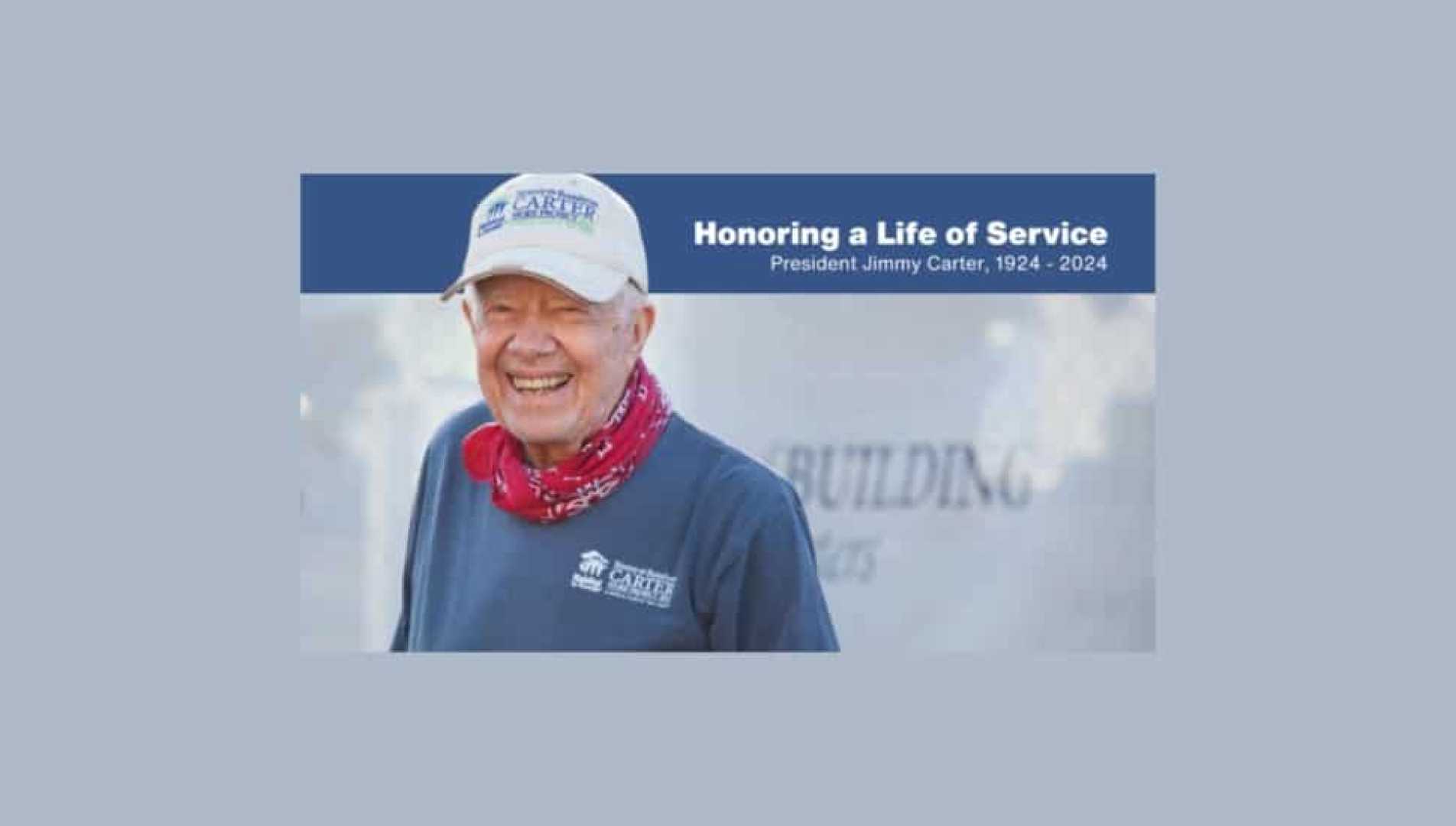Politics
Jimmy Carter’s Legacy: From Presidency to Humanitarian Work

Former U.S. President Jimmy Carter, who passed away recently, is being remembered not only for his time in the White House but also for his extensive humanitarian efforts post-presidency. Carter, who served from 1977 to 1981, faced numerous challenges during his tenure, including the Iran hostage crisis and economic difficulties, but his later years were marked by significant contributions to global peace and social justice.
In 2015, Carter expressed concerns about the state of American democracy, stating to Oprah Winfrey that the U.S. had become an ‘oligarchy’ due to the influence of corporate money in politics, a reference to the Supreme Court’s Citizens United decision. His warnings about the erosion of ethical standards in political systems resonate even more today as debates about campaign finance and political integrity continue.
After leaving office, Carter dedicated his life to humanitarian causes. He founded the Carter Center, which focuses on advancing human rights and alleviating human suffering. His work with Habitat for Humanity, building homes for the needy, became a symbol of his commitment to service and compassion. Carter’s efforts earned him the Nobel Peace Prize in 2002, highlighting his impact beyond American borders.
Rev. Martin Deppe of Edgewater praised Carter’s legacy, urging a return to a government that prioritizes compassion over wealth. ‘We must change the equation to people=compassion=government,’ Deppe wrote in a letter to the editor, echoing Carter’s call for systemic reform.
Despite criticisms of his presidency, Carter’s post-White House achievements have solidified his reputation as a dedicated humanitarian. Bob Ory of Elgin noted, ‘Mr. Carter can now rest in eternal peace knowing that he will be regarded forever as the best of that endangered species’—a leader who valued integrity and self-sacrifice over fame and fortune.
As the nation reflects on Carter’s life, his warnings about democracy and his tireless work for the marginalized serve as a reminder of the enduring importance of ethical leadership and public service.












